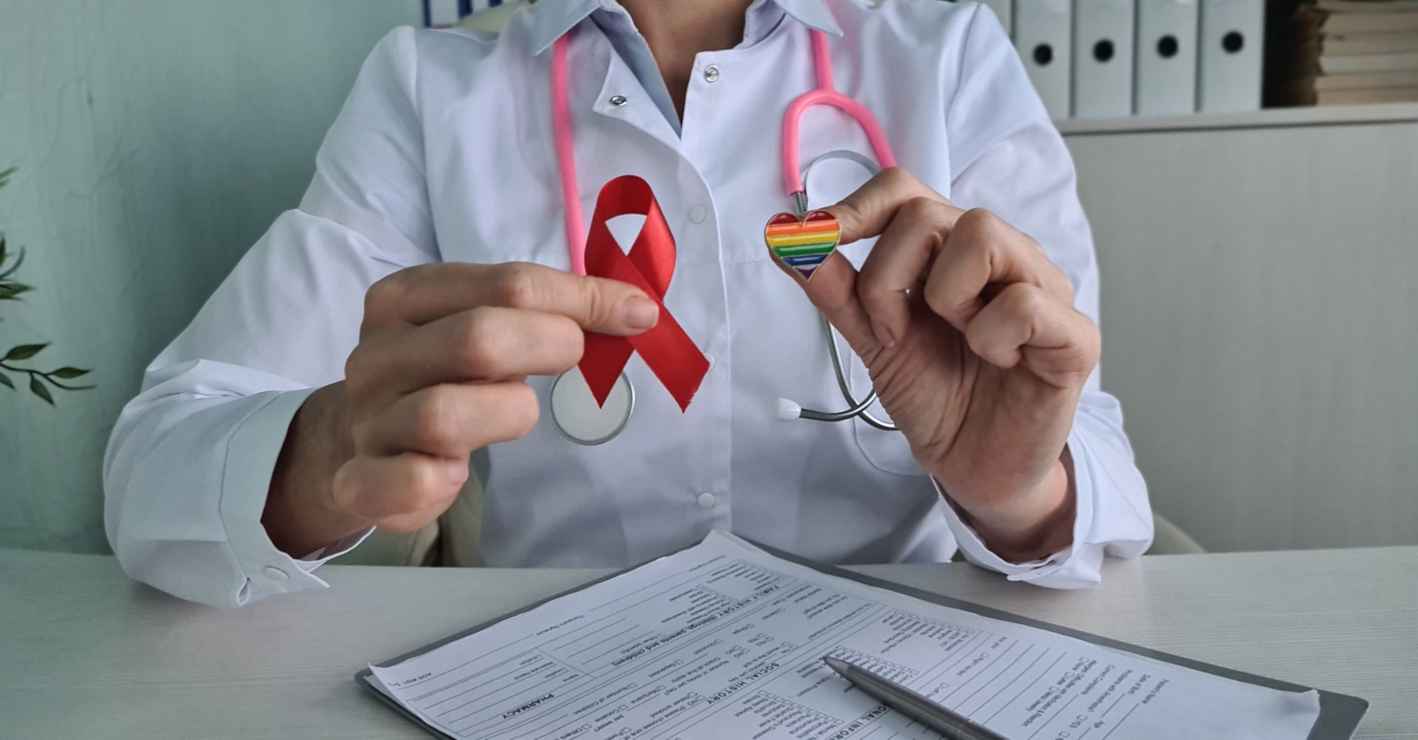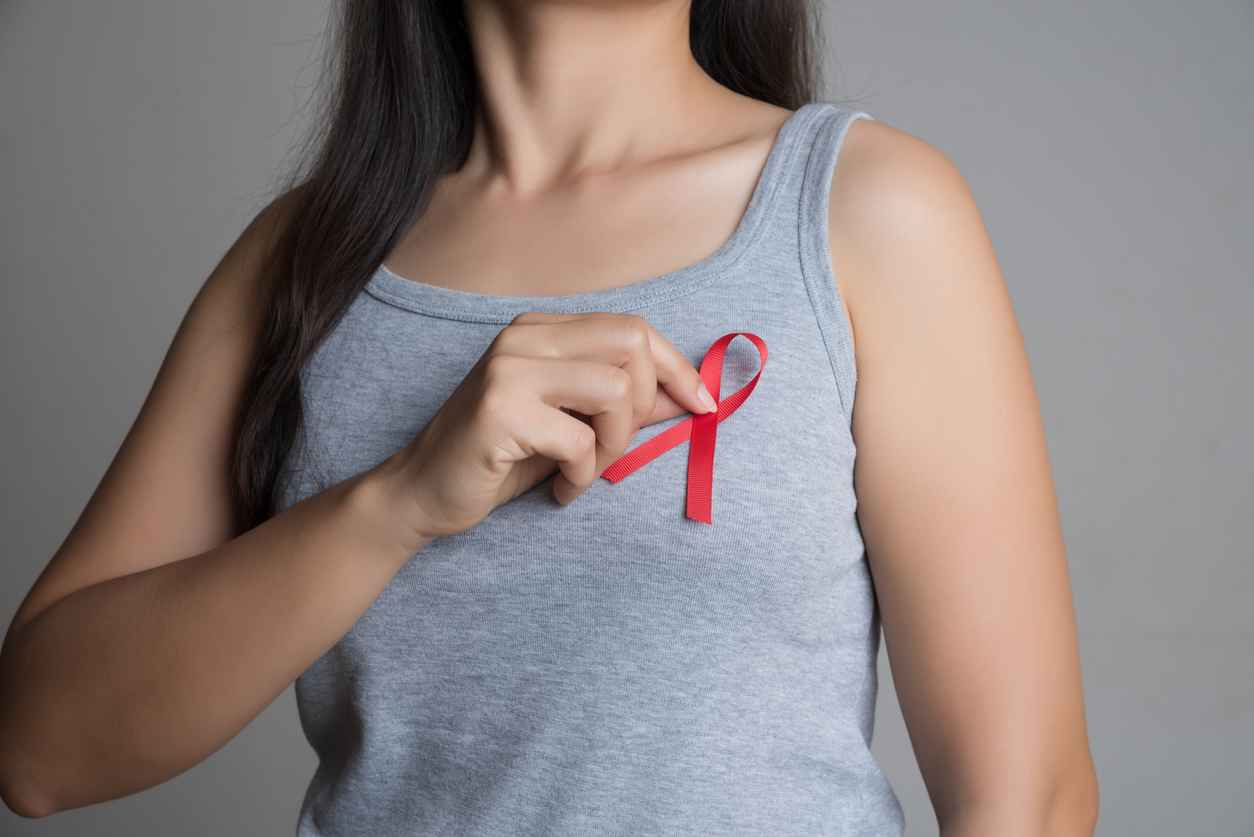
April 21, 2023
A Guide to Navigating HIV in Your Relationships
When living with HIV, many people fear that relationships and intimacy are no longer a possibility. Despite the challenges, safe and loving connections are still attainable for those living with HIV. This blog will explore how to navigate dating, sex, and relationships while living with HIV, touching on topics like disclosing your status, taking precautions, and creating supportive environments.
Disclosing Your Status
When it comes to dating and relationships, the first step is deciding if and when you feel comfortable disclosing your status to potential partners. This can be a difficult decision, as some people may have negative reactions or simply not understand the virus. It’s important to remember that stigma still exists, so choose a safe space where you feel respected and secure before sharing the information. It’s OK to take your time with this decision—prioritize your own safety and comfort level first.
Be Honest
Once you have decided to discuss your status, be open and honest with potential partners about what this means for them and yourself. This includes discussing HIV transmission risks, how you plan to make sex safer, and any other topics you feel are important for them to know.
Take Precautions
In addition to discussing HIV, it’s also important to practice safer sex practices in order to reduce the risk of transmission. This means using barrier methods like condoms or dental dams during both oral and penetrative sex and not sharing needles. In addition, getting regular medical care and taking antiretroviral therapy (ART) as prescribed can help to reduce the amount of HIV in the body and achieve an undetectable viral load. When HIV is undetectable, it means that the amount of virus in the blood is so low that it cannot be detected by standard tests.
Research has shown that people with an undetectable viral load cannot transmit HIV to their sexual partners. Becoming undetectable is therefore an important step in protecting partners and preventing the spread of HIV. It may also be beneficial to explore pre-exposure prophylaxis (PrEP) and post-exposure prophylaxis (PEP) for partners, which are medication regimens that can reduce the risk of HIV transmission.
Create a Safe Environment
Finally, creating an environment where everyone feels comfortable discussing their needs and boundaries around sex is crucial to ensure a healthy and safe relationship with your partner(s). Make sure that everyone is on the same page about what is OK and not OK for all parties involved. Communication is key, so remember to check in with each other frequently to ensure that everyone’s needs are still being met.
Living with HIV does not have to mean a life of loneliness and isolation—it just requires different considerations than before. With proper precautions, healthcare, and open communication, those living with HIV can still experience safe and loving relationships.
HIV Care in Pennsylvania
At Novus, we believe everyone deserves the best quality of care and treatment. Our team of expert healthcare professionals in Pennsylvania provides comprehensive diagnoses, treatments, and preventative services for those affected by HIV—including PrEP: HIV prevention for partners.
Contact us to get started on your journey towards better health today!
Recent News

HIV Prevention for the LGBTQ+ Community
June 9, 2025

Understanding Hepatitis: What You Need to Know
May 13, 2025

5 Signs It’s Time to Get Tested for STDs
April 24, 2025

HIV/AIDS and Women’s Health
March 18, 2025

Honoring Black Innovators in Sexual Health and HIV Care
February 19, 2025

Inclusive Sexual Health Care: What It Means and Why It Matters
January 15, 2025

PrEP vs. PEP: Understanding the Difference and When to Use Each
December 17, 2024